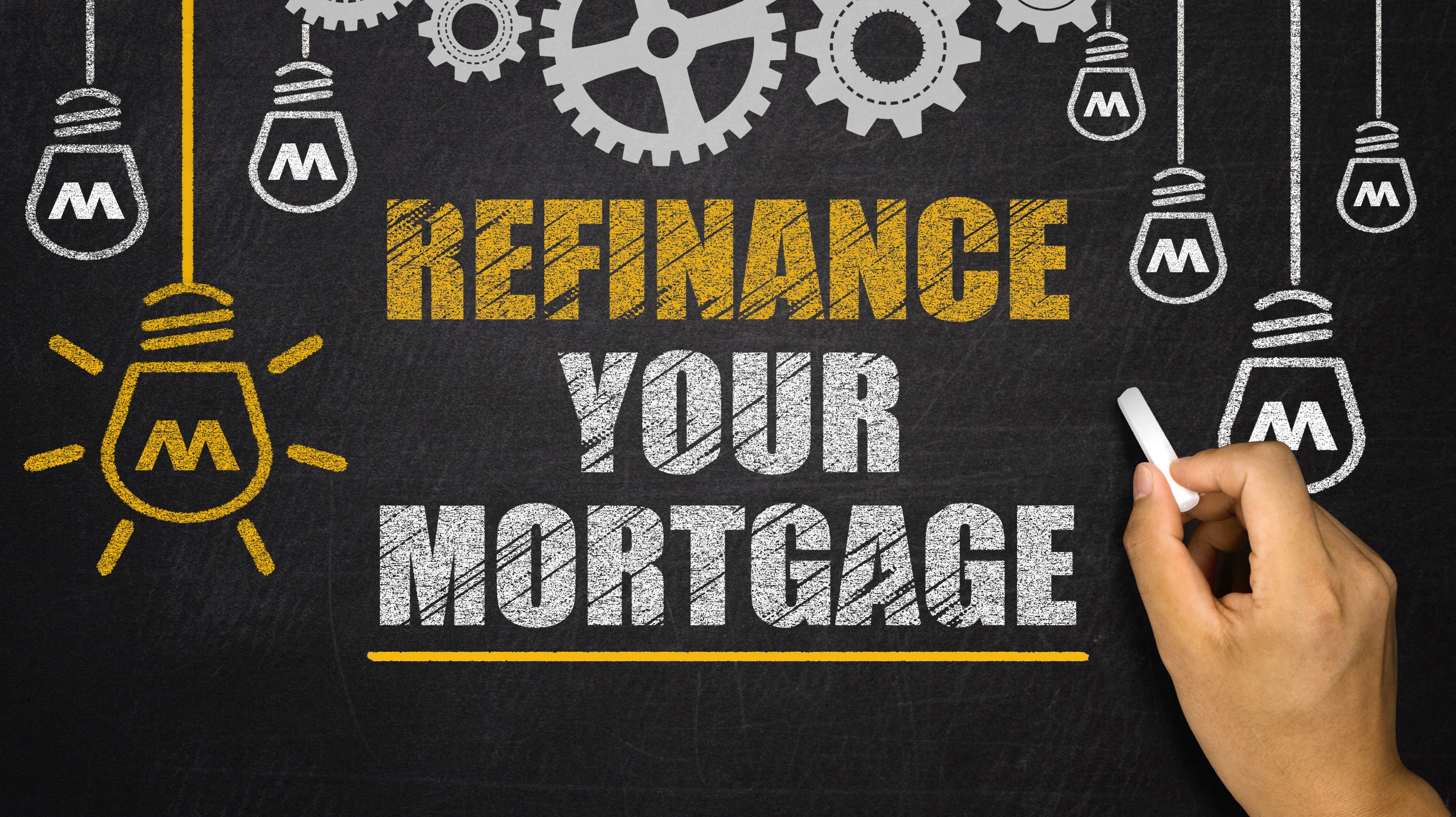Three Tips to Ensure That a Reverse Mortgage Makes Sense for Your Financial Situation
 If you’re having financial troubles, or if you need to free up a large sum in a short period of time, a reverse mortgage is a great way to get the money you need without having to take on new debt or make monthly payments. When you apply for a reverse mortgage – also known as a home equity conversion mortgage – you’re essentially borrowing money from the equity you’ve built up in your house. The great advantages of a reverse mortgage are that you don’t need to make any loan payments until you decide to move out of the house and that in spite of the interest rates attached, you’ll never owe more than the value of your home.
If you’re having financial troubles, or if you need to free up a large sum in a short period of time, a reverse mortgage is a great way to get the money you need without having to take on new debt or make monthly payments. When you apply for a reverse mortgage – also known as a home equity conversion mortgage – you’re essentially borrowing money from the equity you’ve built up in your house. The great advantages of a reverse mortgage are that you don’t need to make any loan payments until you decide to move out of the house and that in spite of the interest rates attached, you’ll never owe more than the value of your home.
However, there are tight restrictions and requirements with respect to who can get a reverse mortgage and what needs to be done before you receive any money. In order to qualify, you must meet an age requrement and the property must be your primary residence. You also can’t owe more money on the property than it is worth.
So how can you tell if a reverse mortgage is a good solution for you? Here are three factors you’ll want to consider.
Will You Use The Money Responsibly?
In general, the high-cost, high-risk nature of a reverse mortgage makes it ideal for people who are having trouble meeting their everyday living expenses. That means you’ll need to ensure you use the money responsibly. Good uses of reverse mortgage funds include paying living expenses and medical costs when no other options are available, and paying for emergency care after a serious injury if you’re uninsured.
Have You Exhausted All Other Avenues?
A reverse mortgage can have significant upfront costs. The fees may be higher than other loans, which means even if you don’t actually use any of the credit you obtain through a reverse mortgage, you’ll still may be paying a large sum out of pocket. Furthermore, your lender has the authority to recall the loan if you let your home insurance expire, if you fall behind on your property taxes or home maintenance, or if you spend a full year in an assisted living facility.
These risk factors mean that a reverse mortgage is typically best used as a last resort. If you have other options – for instance, if you have stocks or investments you can cash out, or if you can sell your home to your children and then rent it back from them – you’re better off going down another route. But if you’ve already exhausted all other options, a reverse mortgage may make sense.
Are You Planning To Stay In Your Home For The Foreseeable Future?
A reverse mortgage generally works best for people who intend to stay in their homes for several years. When you get a reverse mortgage, you’ll need to take out insurance to protect against the possibility of your loan balance growing beyond your property value. That means you’ll need to pay monthly insurance premiums – and if you only plan to stay in your home for a short period of time before selling, it’s very unlikely that your loan balance will grow beyond the value of your home.
A reverse mortgage can be a convenient way to access emergency cash reserves – and when used responsibly, it’s a great tool that can help you to help you with otherwise unmanageable expenses. However, reverse mortgages can also be risky and complicated – and you’ll want to consult a professional before applying for one. Call your local mortgage expert to learn more about whether a reverse mortgage is right for you.

 If you’re looking to reduce your interest payments or get more favorable loan terms, there are lots of ways you can change your mortgage. But one of the most effective ways to take advantage of low interest rates is with a mortgage refinance. That said, refinancing typically comes with a variety of costs and may not be a good solution or all homeowners.
If you’re looking to reduce your interest payments or get more favorable loan terms, there are lots of ways you can change your mortgage. But one of the most effective ways to take advantage of low interest rates is with a mortgage refinance. That said, refinancing typically comes with a variety of costs and may not be a good solution or all homeowners. VA mortgages stand out as one of the biggest benefits to men and women serving in the military. Although private lenders make the loan, the Department of Veterans Affairs guarantees all VA mortgages, which is why these loans come with favorable terms and benefits not found with other mortgage types.
VA mortgages stand out as one of the biggest benefits to men and women serving in the military. Although private lenders make the loan, the Department of Veterans Affairs guarantees all VA mortgages, which is why these loans come with favorable terms and benefits not found with other mortgage types.